International
Top US general says Trump never intended to attack China

AFP
Top US General Mark Milley testified Tuesday that calls he made to his Chinese counterparts in the turbulent waning months of Donald Trump’s administration were intended to “deescalate” tensions and the former president had no intention of attacking China.
“I know, I am certain, President Trump did not intend to attack the Chinese,” the chairman of the Joint Chiefs of Staff told the Senate Armed Services Committee.
“My task at that time was to deescalate. My message again was consistent: stay calm and steady and deescalate. We are not going to attack you,” he said.
The calls between Milley and his Chinese counterpart, General Li Zuocheng, were first revealed in the book “Peril” by Washington Post reporters Bob Woodward and Robert Costa.
The first call was on October 30, four days before the US presidential election, and the second was on January 8, two days after supporters of Trump stormed the US Capitol in an effort to prevent certification of Democrat Joe Biden’s election victory.
Some Republican lawmakers have accused Milley of overstepping his authority and called for him to resign.
In his Senate testimony, Milley defended his actions and said the calls were coordinated with the then-secretaries of defense.
“The specific purpose of the October and January calls was generated by concerning intelligence which caused us to believe the Chinese were worried about an attack by the US,” Milley said.
“These military-to-military communications at the highest levels are critical to the security of the United States in order to deconflict military actions, manage crisis, and prevent war between great powers armed with nuclear weapons,” he said.
“At no time was I attempting to change or influence the process, usurp authority, or insert myself into the chain of command,” Milley added.
“I firmly believe in civilian control of the military as a bedrock principle essential to this Republic and I am committed to ensuring the military stays clear of domestic politics.”
– ‘He doesn’t launch them alone’ –
Milley also addressed a phone call he had with Nancy Pelosi, the Democratic Speaker of the House of Representatives, in which — according to “Peril” — she sought reassurances that there was no danger of Trump unilaterally launching a nuclear strike.
“I sought to assure her that nuclear launch is governed by a very specific and deliberate process,” Milley told the Senate committee.
“She was concerned and made various personal references characterizing the president,” Milley said. “I explained that the president is the sole nuclear launch authority but he doesn’t launch them alone.”
According to the book, Pelosi, referring to Trump, said: “You know he’s crazy. He’s been crazy for a long time” and Milley responded: “Madam Speaker, I agree with you on everything.”
In his testimony Milley said he told Pelosi that he was “not qualified” to determine a president’s mental health.
International
Death toll from southern Spain train crash rises to 40
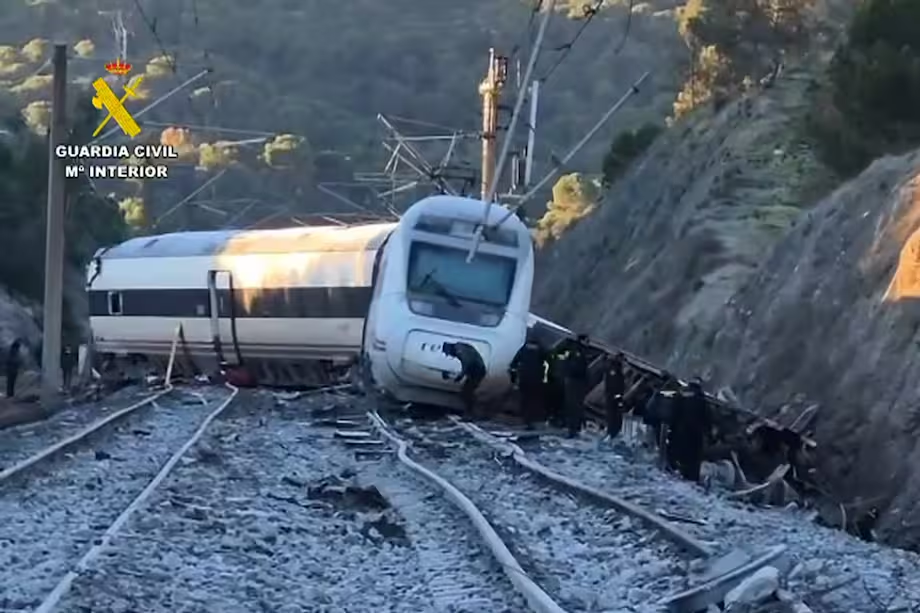
The death toll from the train accident that occurred on Sunday in southern Spain has risen to 40, according to investigative sources cited by EFE on Monday afternoon.
Since early Monday, search operations have focused on the damaged carriages of a Renfe train bound for Huelva, which collided with the last derailed cars of an Iryo train traveling from Málaga to Madrid after it left the tracks.
The crash has also left more than 150 people injured. Of these, 41 remain hospitalized, including 12 in intensive care units at hospitals across the Andalusia region.
More than 220 Civil Guard officers are working at the site, searching the railway line and surrounding areas for key evidence to help identify victims and determine the causes of the accident.
The tragedy has revived memories of the deadliest railway disasters in Europe in recent decades. In Spain, the most severe occurred on July 24, 2013, when an Alvia train derailed near Santiago de Compostela, killing 80 people and injuring 130 others.
At the European level, the worst rail disaster took place on June 3, 1998, in Eschede, northern Germany, when a high-speed train struck a bridge pillar at 200 kilometers per hour, resulting in 98 deaths and 120 injuries.
International
Spain’s Prime Minister pledges transparency after train crash kills at least 39
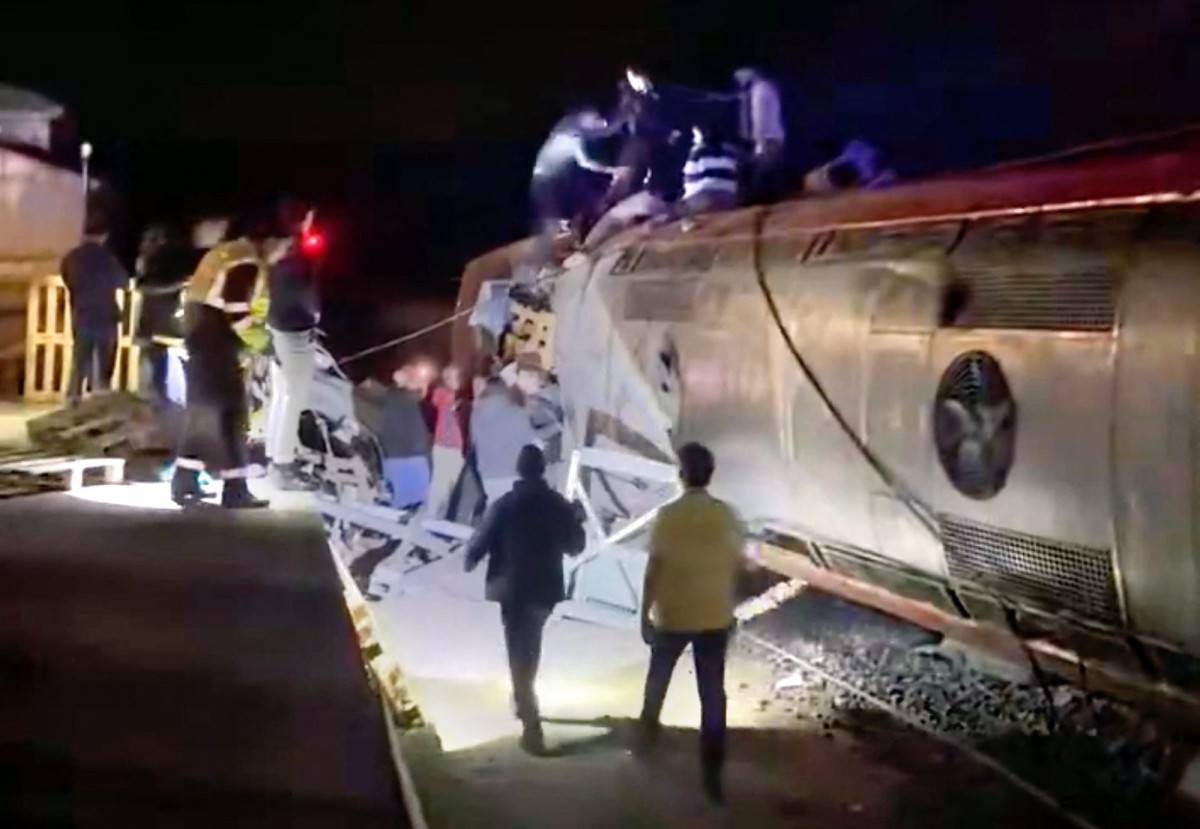
Spanish Prime Minister Pedro Sánchez pledged on Monday to ensure “absolute transparency” regarding the causes of a train crash that killed at least 39 people on Sunday in southern Spain, warning that the death toll could still rise.
The fatal accident occurred in the Andalusia region, where the number of confirmed deaths reached 39 by Monday morning, according to a spokesperson for the Ministry of the Interior.
Authorities were preparing to deploy heavy machinery to lift several derailed train cars. “We are waiting for cranes to be installed this morning to lift cars one, two and three of the Alvia train, which suffered the most damage,” said Andalusian regional president Juanma Moreno Bonilla on regional television. “It is likely that once they are lifted, we may find more victims,” he added.
The disaster also left more than 120 people injured. As of Monday afternoon, 43 victims remained hospitalized, including 12 in intensive care, according to emergency services.
International
Over 160 christian worshippers kidnapped in Kaduna Church attacks

More than 160 Christian worshippers were abducted on Sunday during coordinated attacks carried out by armed gangs on two churches in a remote village in Kaduna State, northern Nigeria, according to a cleric and a United Nations report accessed by AFP on Monday.
Nigeria, Africa’s most populous nation, has witnessed a renewed surge in mass kidnappings since November, prompting the United States government to carry out military strikes on Christmas Day in the northwestern state of Sokoto.
U.S. President Donald Trump accused Nigerian armed groups of targeting Christians, describing the violence as a form of “genocide” against the religious community.
According to Reverend Joseph Hayab, president of the Christian Association of Nigeria in the north, the attackers arrived in large numbers, blocked access to the churches, and forced worshippers to flee into nearby forests.
“The attackers came in large numbers, sealed off the entrances to the churches, and drove the faithful into the bush,” Hayab told AFP.
-

 International4 days ago
International4 days agoUkraine declares nationwide energy emergency amid russian attacks and extreme cold
-

 International2 days ago
International2 days agoU.S. deportation flight returns venezuelans to Caracas after Maduro’s ouster
-
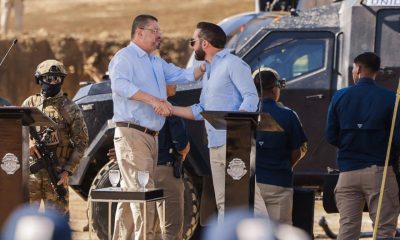
 Central America5 days ago
Central America5 days agoBukele warns crime can become a ‘parallel government’ during visit to Costa Rica
-

 International4 days ago
International4 days agoX moves to block Grok from creating sexualized images of real people amid legal scrutiny
-

 International4 days ago
International4 days agoIran closes airspace amid U.S. threats and deadly nationwide protests
-

 International4 days ago
International4 days agoHillary Clinton skips Epstein inquiry as house panel threatens contempt charges
-

 International4 days ago
International4 days agoFrance joins Denmark’s ‘Operation Arctic Resistance’ in Greenland amid U.S. tensions
-

 Central America1 day ago
Central America1 day agoGuatemala prison uprisings leave 46 guards held by gangs
-

 International4 days ago
International4 days agoU.S.–Denmark tensions escalate as Trump pushes NATO to back U.S. claim on Greenland
-
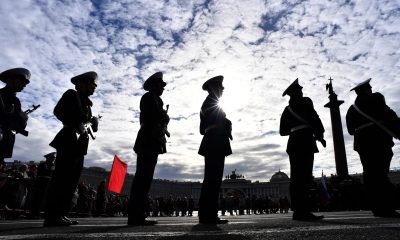
 International4 days ago
International4 days agoUK Intelligence estimates russian casualties in Ukraine at over 1.2 million
-
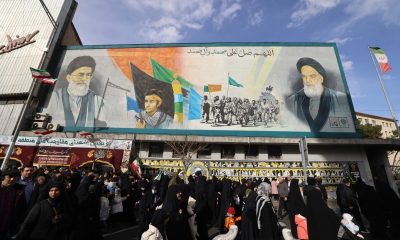
 International3 days ago
International3 days agoCanada accuses Iran of killing its citizen during anti-government unrest
-

 International4 days ago
International4 days agoSwiss Canton of Valais Grants Emergency Aid to Victims of Crans-Montana Bar Tragedy
-

 International3 days ago
International3 days agoSheinbaum highlights anti-drug gains after U.S. says challenges remain
-

 International5 days ago
International5 days agoU.S. to suspend visa processing for applicants from 75 countries
-

 International1 day ago
International1 day agoChile declares state of catastrophe as wildfires rage in Ñuble and Biobío
-

 International2 days ago
International2 days agoFormer South Korean President Yoon sentenced to five years in prison
-

 International4 hours ago
International4 hours agoDeath toll from southern Spain train crash rises to 40
-

 Central America4 hours ago
Central America4 hours agoGuatemala raises police death toll to nine after gang violence escalates
-

 International4 hours ago
International4 hours agoOver 160 christian worshippers kidnapped in Kaduna Church attacks
-

 International4 hours ago
International4 hours agoSpain’s Prime Minister pledges transparency after train crash kills at least 39


























